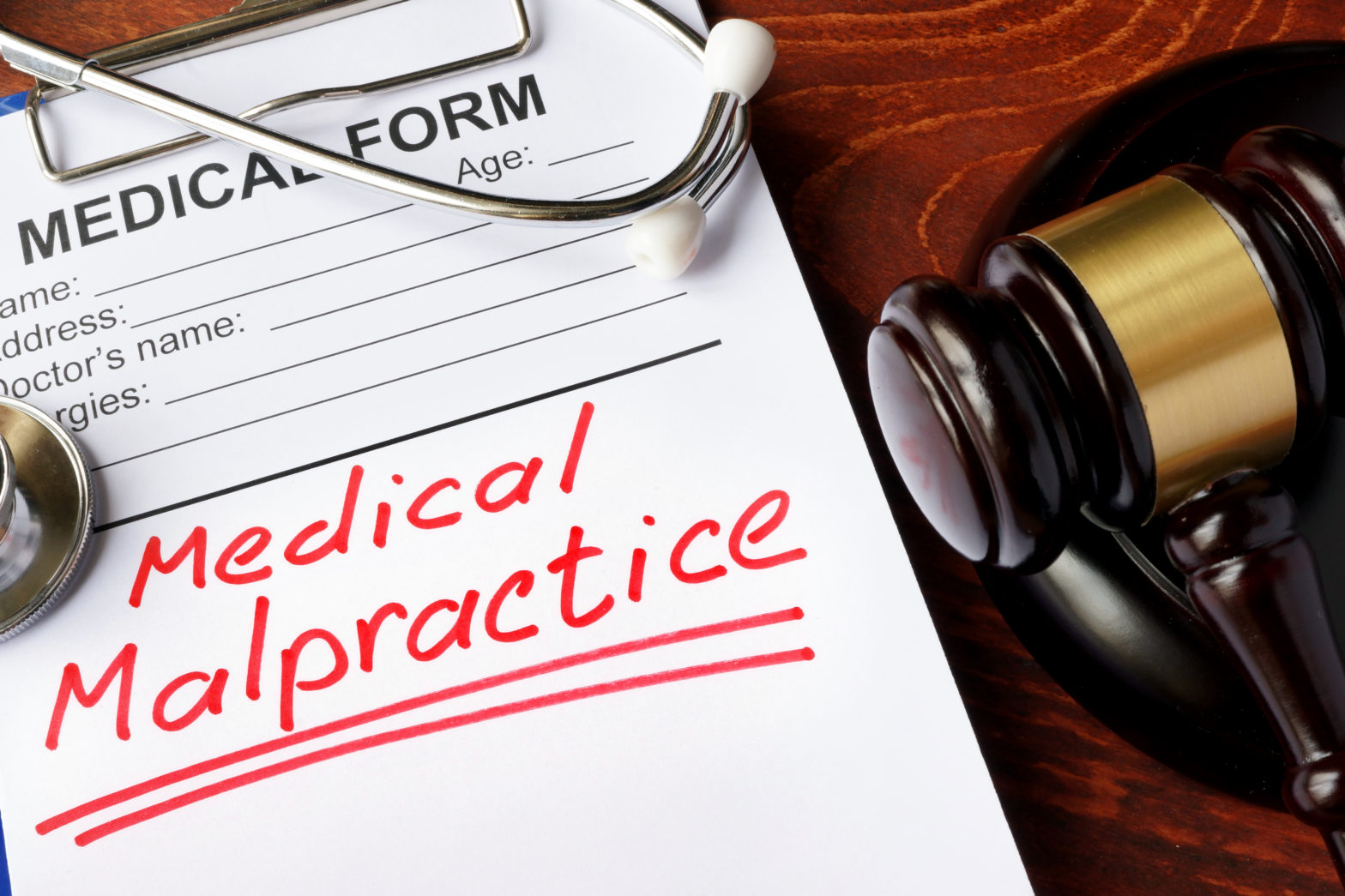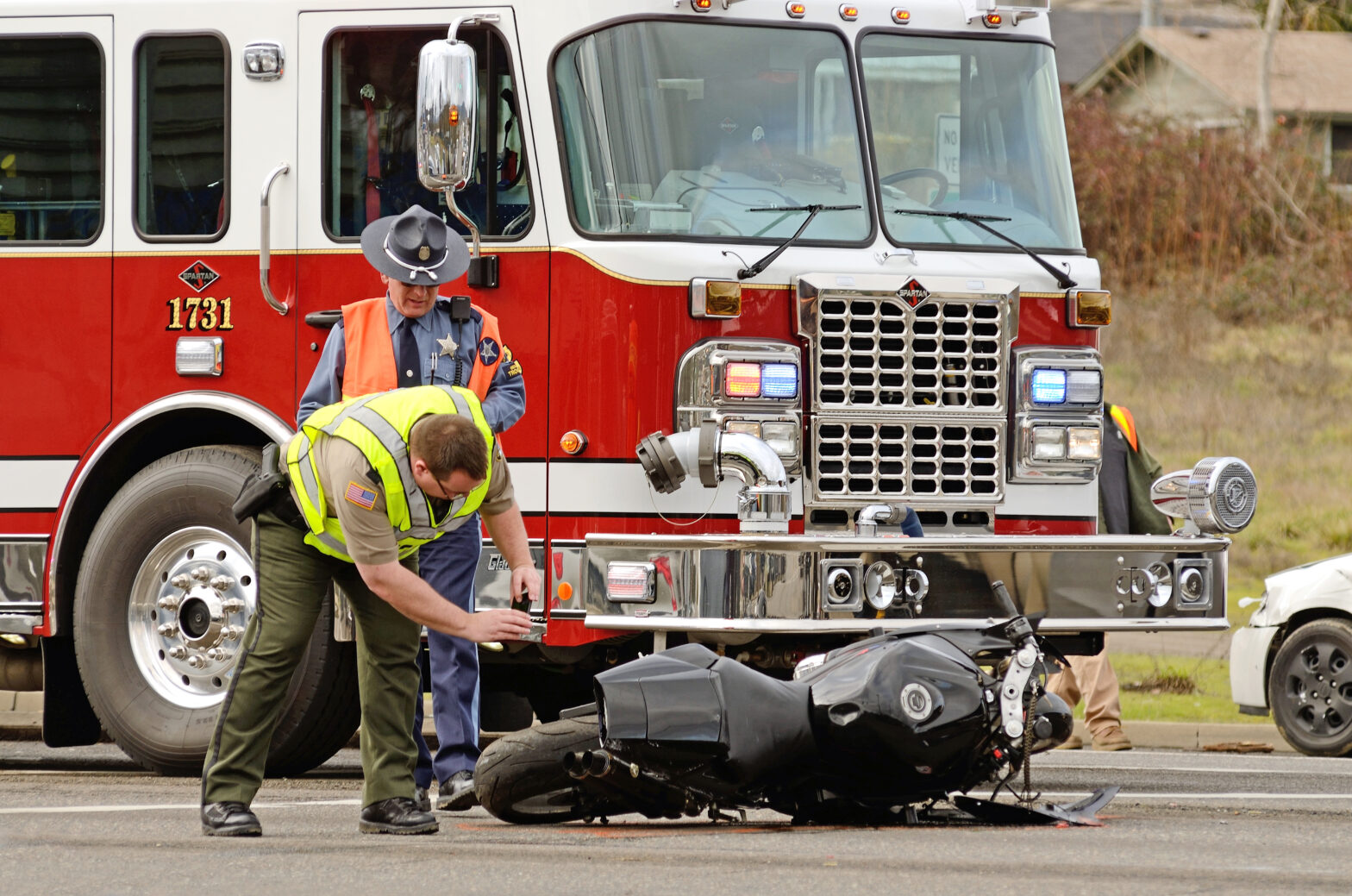
When we are injured or ill we turn to doctors and other healthcare professionals for help. We do so with the belief that our condition will be better, not worse, as a result of the medical care and treatment we receive from that professional. Most of the time, that is exactly what happens; however, when a healthcare professional commits a medical error, serious, even fatal, injuries can occur. If you are the surviving family member of someone who you believe died as a result of a medical error in Pennsylvania, you may be entitled to file a medical malpractice wrongful death lawsuit. While no amount of compensation is worth the loss of your loved one, a wrongful death claim may provide much needed financial assistance that your loved one would undoubtedly want you to have in addition to holding the at- fault party accountable for the fatal error.
What Is Medical Malpractice in Pennsylvania?
Medical malpractice occurs when a doctor or other healthcare professional commits medical negligence, defined as a breach or violation of the “standard of care.” The standard of care, in turn, is defined as the generally accepted medical practices used by a group of medical professionals in the same geographic area for patients suffering from a particular disorder or illness. In other words, the pertinent question to ask is “what would another similarly trained medical professional do under the same circumstances?” When filing a wrongful death claim, you will also need to prove that the medical malpractice caused, or contributed, to the patient’s death.
Common Types of Medical Malpractice
Medical malpractice can occur under a wide variety of circumstances and in many forms. There are, however, several common categories of medical errors that result in medical malpractice including:
- Medication errors – this may include the wrong medication, too high or too low of a dosage, or not recognizing dangerous interactions.
- Surgical errors – including operating on the wrong person or the wrong body part, leaving foreign objects inside the body, failing to properly close up the surgical site leading to infection.
- Diagnosis errors – such as misdiagnosis, delayed diagnosis, and failing to follow up Anesthesia errors – may include giving too much or too little anesthesia as well as missing fatal interactions with other medications or conditions.
- Emergency room errors – can include delayed treatment, misdiagnosis or failing to diagnose, and sending a patient home too early.
Who Can File a Medical Malpractice Wrongful Death Claim?
In Pennsylvania, a wrongful death lawsuit must be filed by the Personal Representative of the estate of the decedent. If the decedent left behind a Last Will and Testament, the person named as the Executor in that Will is the Personal Representative. If the decedent died intestate (without a Will), a loved one may volunteer to be the Personal Representative or the court can appoint someone if no one volunteers. Although the Personal Representative files the lawsuit, it is filed on behalf of the beneficiaries of the estate and any compensation received as a result of the lawsuit will be distributed to those beneficiaries.
Damages in a Medical Malpractice Wrongful Death Lawsuit
As a claimant in a wrongful death lawsuit, you may be entitled to several different types of damages, or
compensation, including:
- Out of pocket costs incurred as a result of the malpractice, such as funeral, burial, and hospital
expenses. - Lost wages and benefits that the decedent would have contributed to you and your family had
he/she lived. - Compensation for the loss of household services, society, and comfort provided by the deceased,
including provision of both physical comforts and services and moral guidance, comfort, and
support
Statute of Limitations Considerations
A statute of limitations is a period of time, determined by state law, within which legal action must be initiated or it is forever barred. In the case of a wrongful death claim in the Commonwealth of Pennsylvania the statute of limitations is generally two years from the date of death; however, there are exceptions to that time period when the wrongful death was the result of medical malpractice. Consequently, it is always best to consult with an experienced Pennsylvania wrongful death attorney to make sure you know when the statute of limitations will run out. If you recently lost a loved one in what you believe was a medical malpractice wrongful death it is in your best interest to consult with an experienced wrongful death attorney as soon as possible to discuss your legal options.





